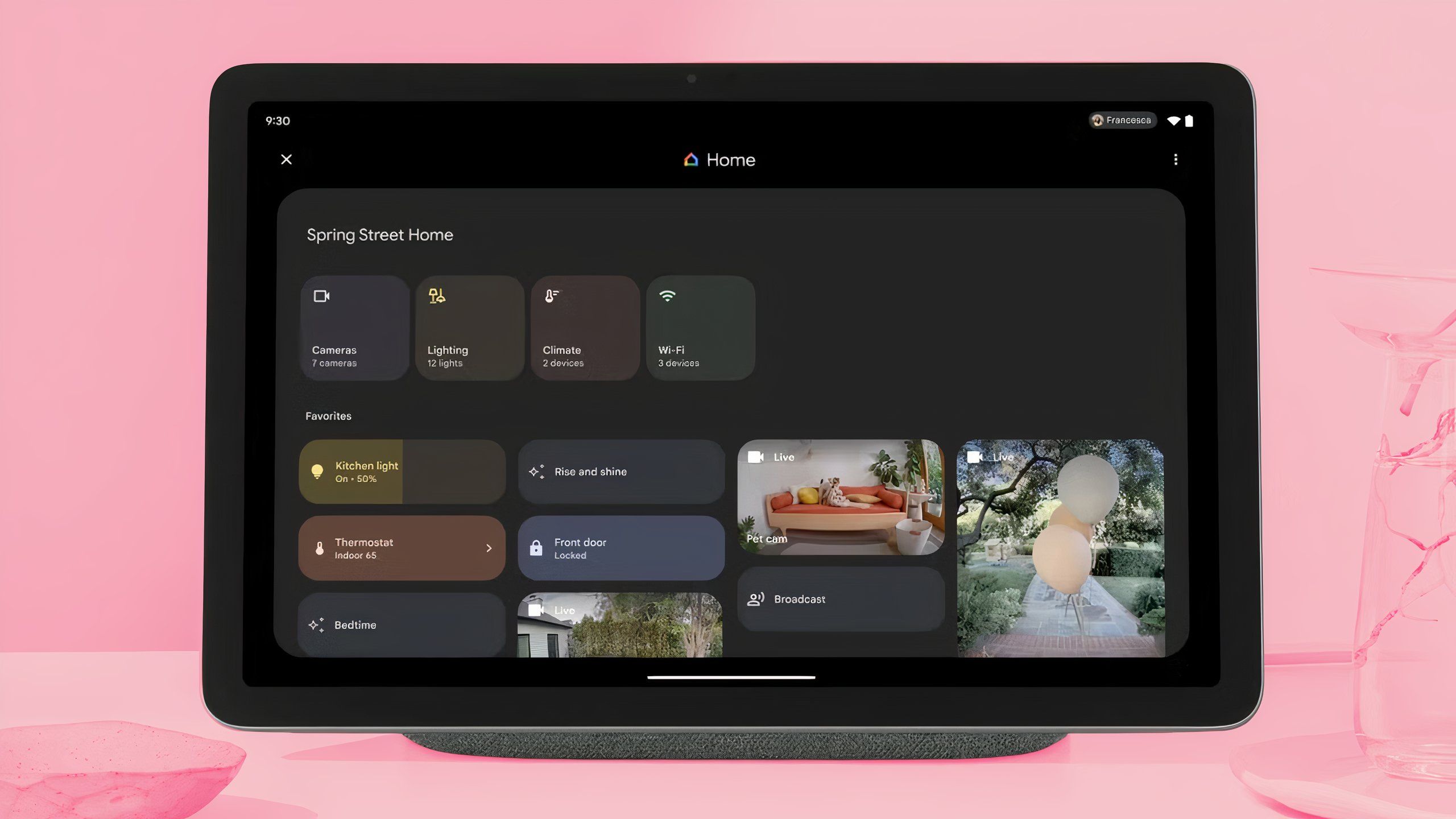Google starts introducing passkeys for Android and Chrome
Tech giant Google has announced to roll out support for passkeys later this year along with an API for native Android apps releasing 2022. It also announced a bunch of new features to the Play Store for better listing of apps next year. The company showcased the upcoming changes at its annual developer conference I/O earlier this year. The API of the apps will allow users to choose if they want to a passkey or a saved password while logging in.
According to Google, “Passkeys are a significantly safer replacement for passwords and other phishable authentication factors. They cannot be reused, don’t leak in server breaches and protect users from phishing attacks.”
Users can create a passkey on an Android phone. The process will include authenticating their identity with a fingerprint or face scan.
“Your Play Store listing is the best way to help prospective users understand the functionality and value of your app”, the company said in a blog post.
There will be new changes on large screens like tablets, foldables, and Chromebooks. The improvements will help users to find the best apps for their devices.
The company is also redesigning the Play Store for large screens using the screenshots, videos and descriptions directly in Apps and Games Home.
The target of the content-forward approach is to better represent the apps in the store and help users to make install decisions, the company said.
On Chromebooks, users can browse the Play Store and examine screenshots of the app on a tablet or a phone. Now the company introduced the option to post Chromebook-specific screenshots in Play Console.
It allows up to 8 screenshots and will mostly be visible on the Play Store for Chromebooks. Both the listing page for the app and the Play homepages will display these screenshots.
The screenshots in a 16:9 ratio for landscape with dimensions of 1080-7690px are recommended, the company said.
–With inputs from IANS
The post Google starts introducing passkeys for Android and Chrome appeared first on BGR India.

Tech giant Google has announced to roll out support for passkeys later this year along with an API for native Android apps releasing 2022. It also announced a bunch of new features to the Play Store for better listing of apps next year. The company showcased the upcoming changes at its annual developer conference I/O earlier this year. The API of the apps will allow users to choose if they want to a passkey or a saved password while logging in.
According to Google, “Passkeys are a significantly safer replacement for passwords and other phishable authentication factors. They cannot be reused, don’t leak in server breaches and protect users from phishing attacks.”
Users can create a passkey on an Android phone. The process will include authenticating their identity with a fingerprint or face scan.
“Your Play Store listing is the best way to help prospective users understand the functionality and value of your app”, the company said in a blog post.
There will be new changes on large screens like tablets, foldables, and Chromebooks. The improvements will help users to find the best apps for their devices.
The company is also redesigning the Play Store for large screens using the screenshots, videos and descriptions directly in Apps and Games Home.
The target of the content-forward approach is to better represent the apps in the store and help users to make install decisions, the company said.
On Chromebooks, users can browse the Play Store and examine screenshots of the app on a tablet or a phone. Now the company introduced the option to post Chromebook-specific screenshots in Play Console.
It allows up to 8 screenshots and will mostly be visible on the Play Store for Chromebooks. Both the listing page for the app and the Play homepages will display these screenshots.
The screenshots in a 16:9 ratio for landscape with dimensions of 1080-7690px are recommended, the company said.
–With inputs from IANS
The post Google starts introducing passkeys for Android and Chrome appeared first on BGR India.
Tech giant Google has announced to roll out support for passkeys later this year along with an API for native Android apps releasing 2022. It also announced a bunch of new features to the Play Store for better listing of apps next year. The company showcased the upcoming changes at its annual developer conference I/O earlier this year. The API of the apps will allow users to choose if they want to a passkey or a saved password while logging in.
According to Google, “Passkeys are a significantly safer replacement for passwords and other phishable authentication factors. They cannot be reused, don’t leak in server breaches and protect users from phishing attacks.”
Users can create a passkey on an Android phone. The process will include authenticating their identity with a fingerprint or face scan.
“Your Play Store listing is the best way to help prospective users understand the functionality and value of your app”, the company said in a blog post.
There will be new changes on large screens like tablets, foldables, and Chromebooks. The improvements will help users to find the best apps for their devices.
The company is also redesigning the Play Store for large screens using the screenshots, videos and descriptions directly in Apps and Games Home.
The target of the content-forward approach is to better represent the apps in the store and help users to make install decisions, the company said.
On Chromebooks, users can browse the Play Store and examine screenshots of the app on a tablet or a phone. Now the company introduced the option to post Chromebook-specific screenshots in Play Console.
It allows up to 8 screenshots and will mostly be visible on the Play Store for Chromebooks. Both the listing page for the app and the Play homepages will display these screenshots.
The screenshots in a 16:9 ratio for landscape with dimensions of 1080-7690px are recommended, the company said.
–With inputs from IANS
The post Google starts introducing passkeys for Android and Chrome appeared first on BGR India.




